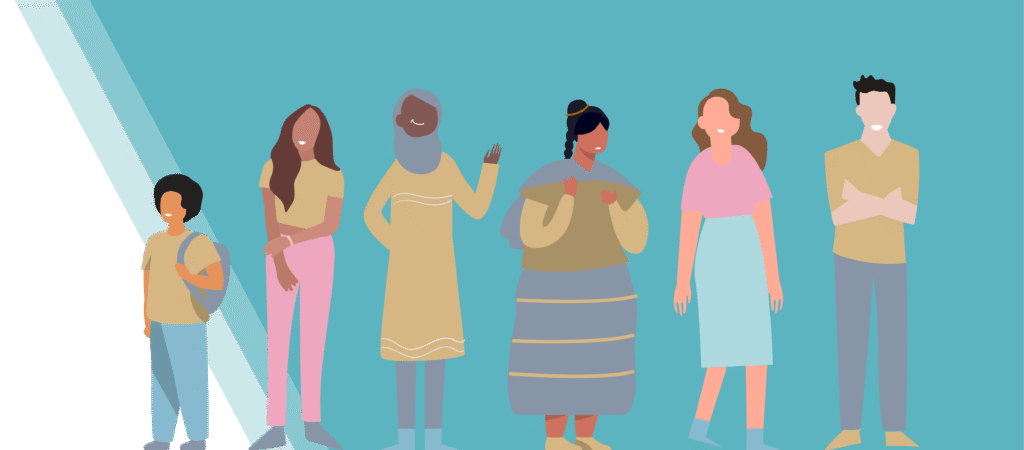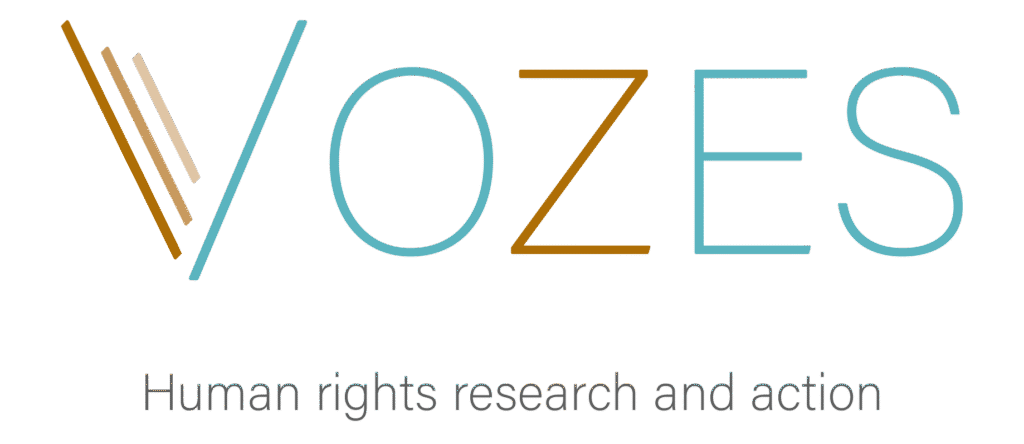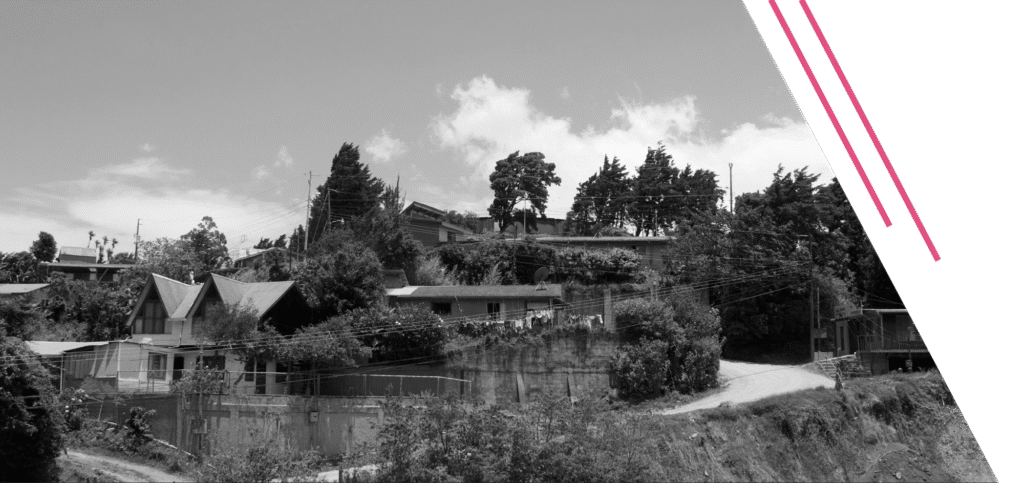
Our Vision
We want and strive for a more equal and equitable world where the voices of historically marginalized communities are respected, and where power, resources, and decision-making are balanced.
Our Mission
We guide and support processes of knowledge building, planning, and institutional strengthening for organizations that fight for greater equality and more rights.
Our Approach
We understand inequalities from a perspective that acknowledges and addresses privileges, differences, and disadvantages. That’s why we aim to support communities and the organizations working alongside them with deep empathy. We provide them with tools to become the protagonists of their own changes, understanding their current situation, where they want to go, valuing their knowledge, recognizing their contexts, and listening to their voices.

We hold a complex and sensitive view of equality, and all our actions are guided by a human rights, gender, and decolonial approach.

Our Values
We’re a team that deeply believes in the organization’s purpose and shares its values and principles.
Our values are a daily practice, ingrained in our work’s DNA, and we put them into action both inside and outside our organization.
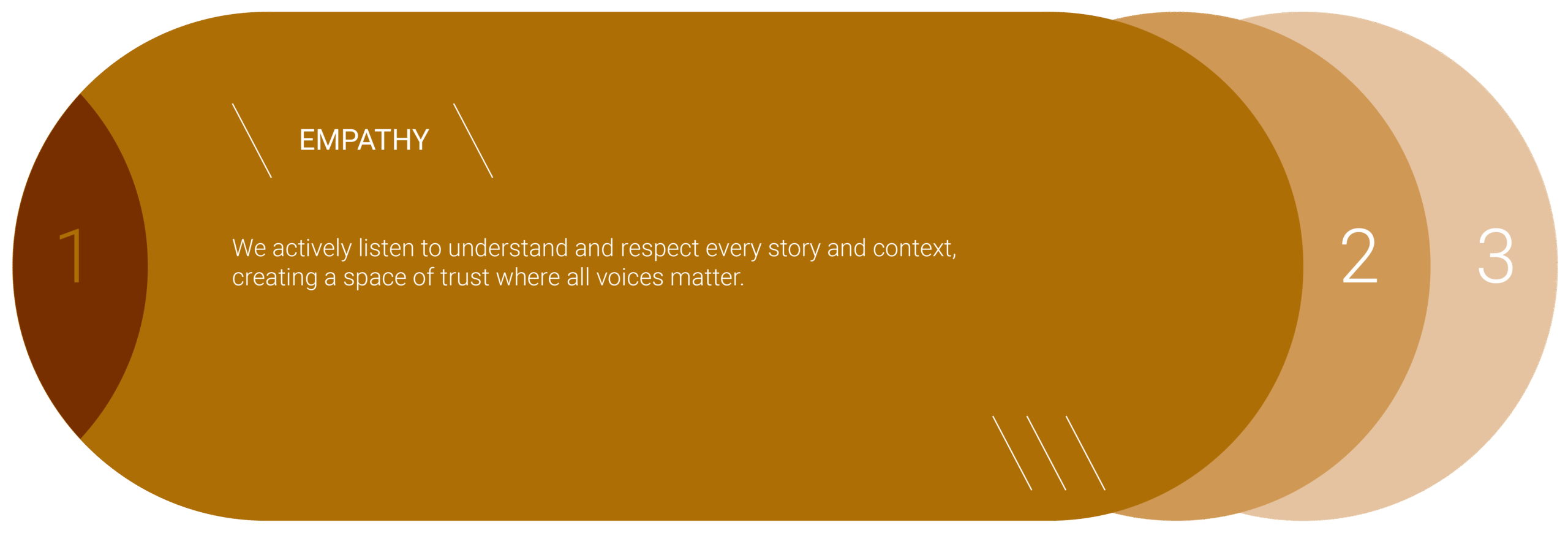
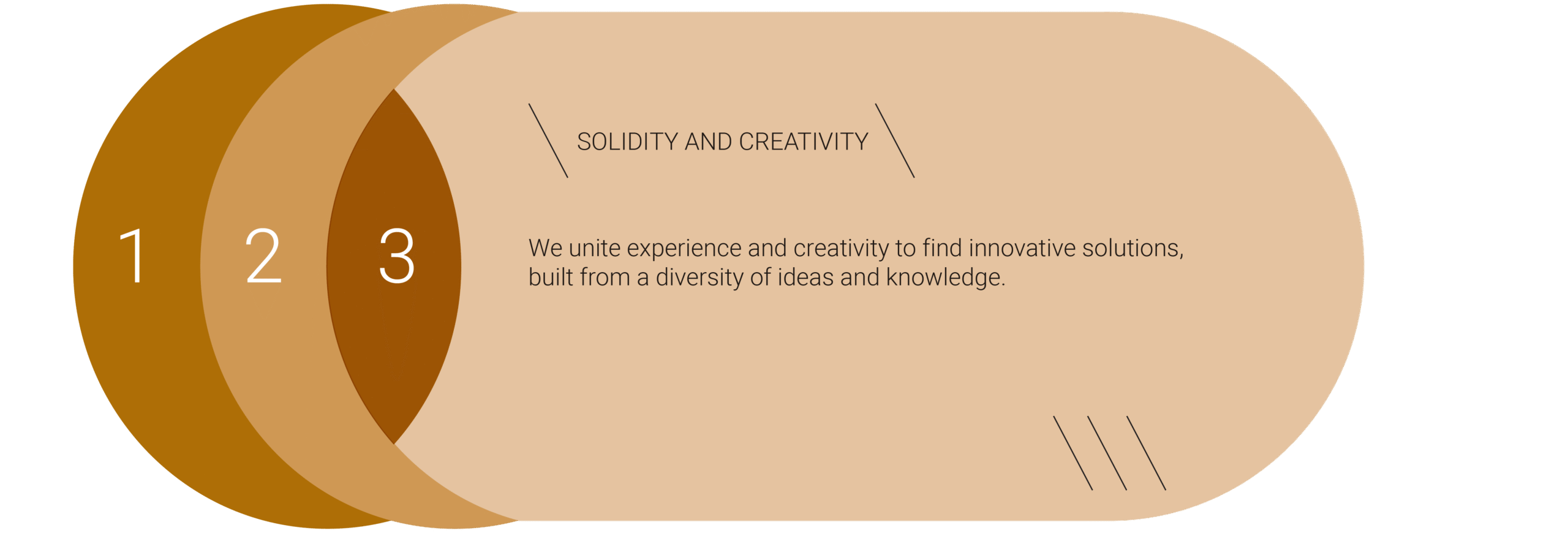
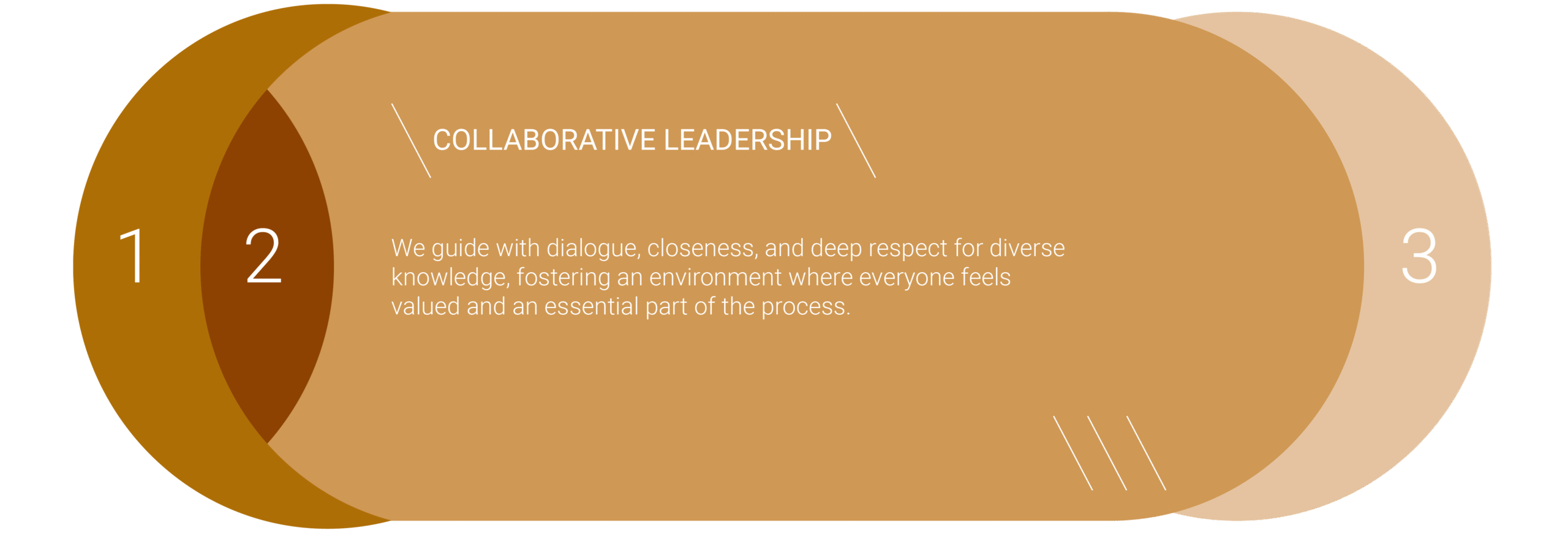
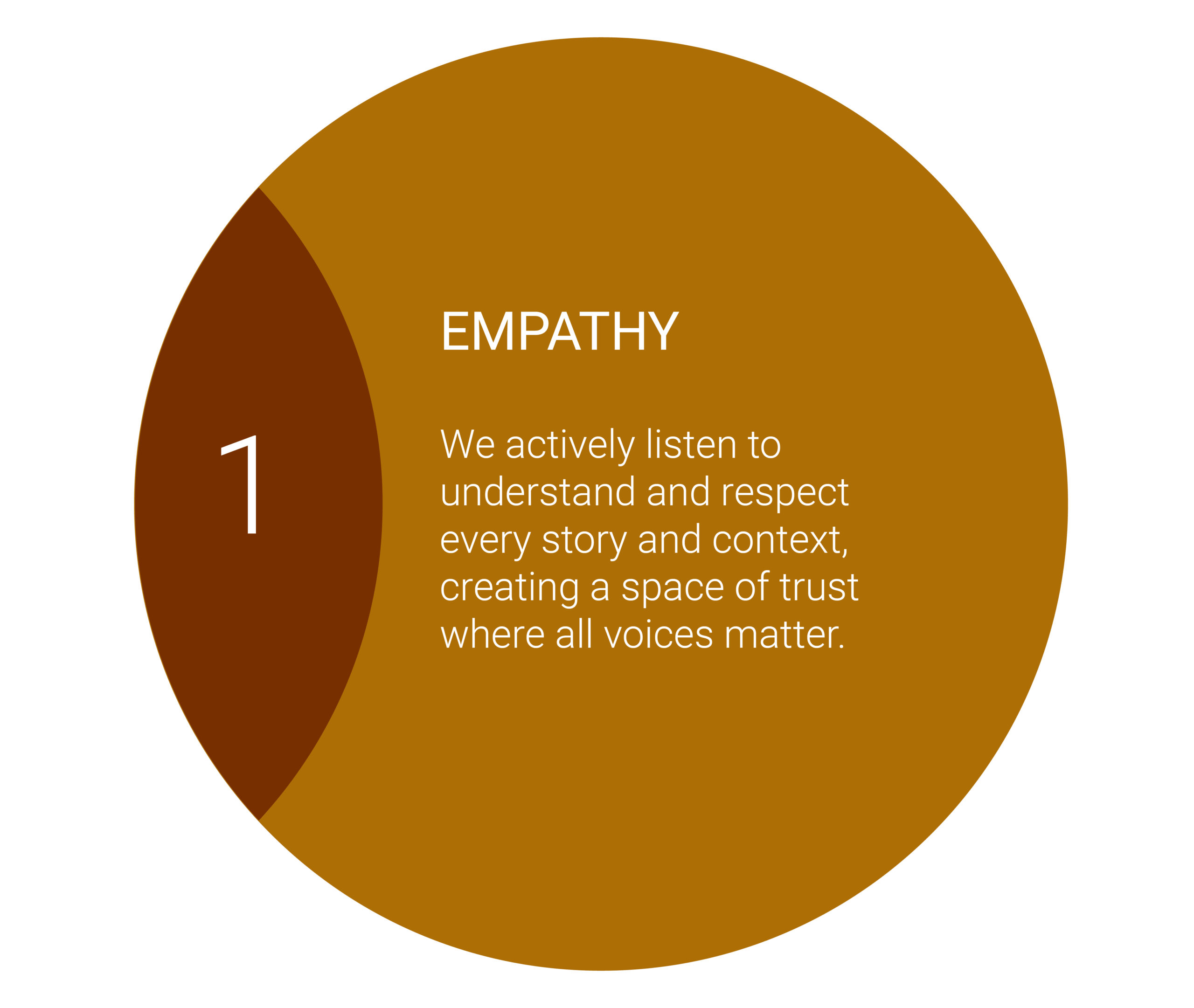
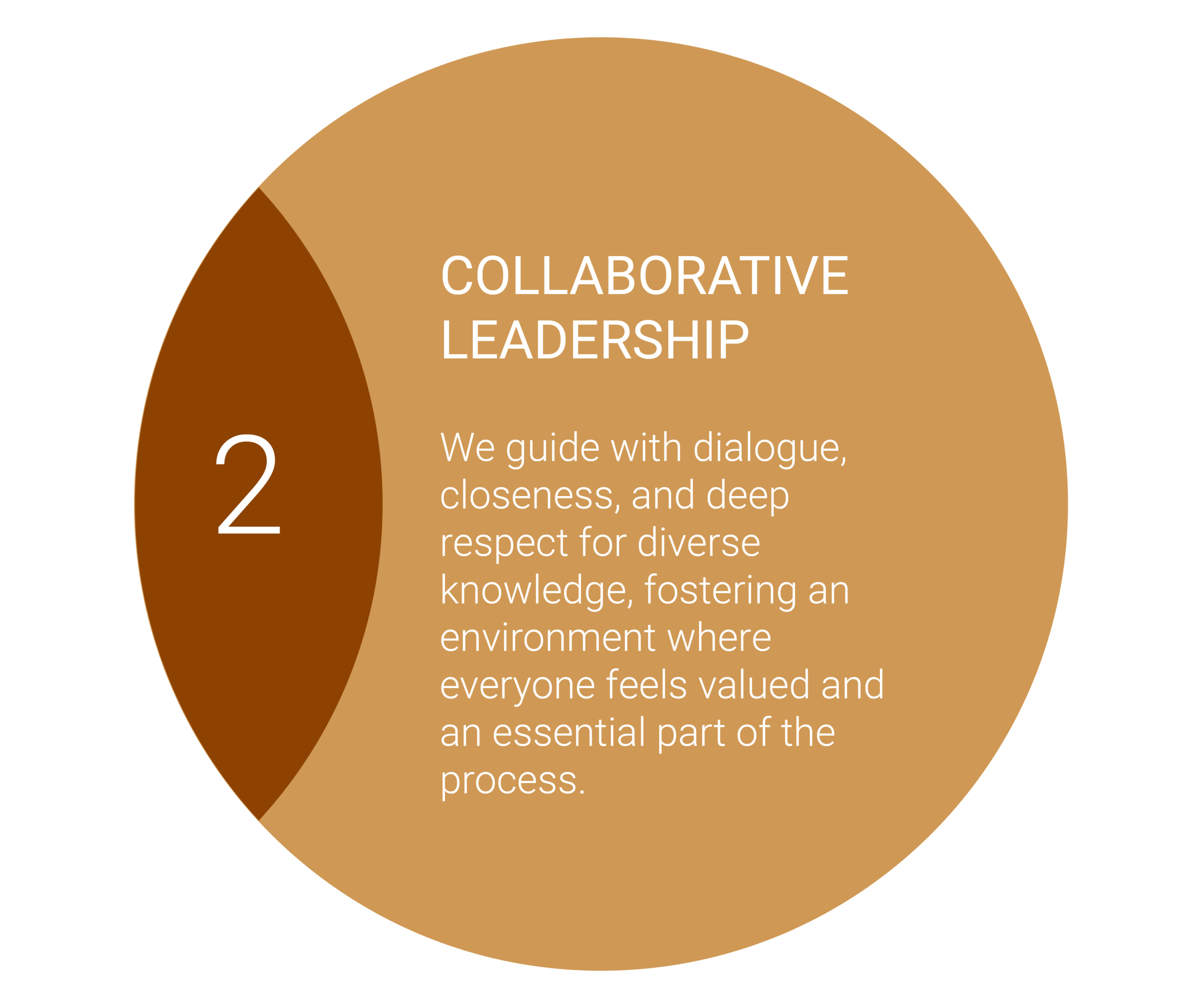
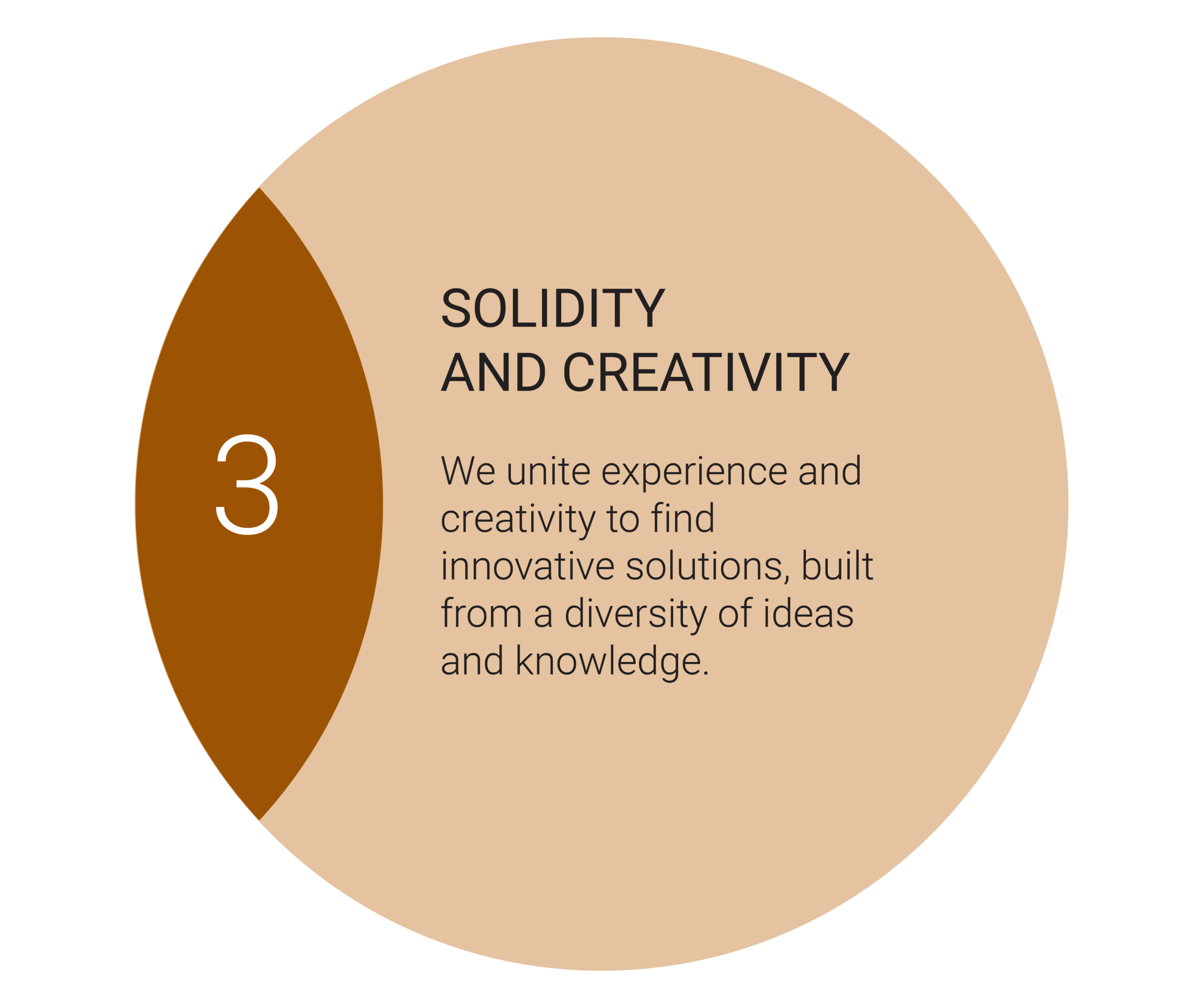
How We Support You
Research
We transform complex questions into concrete solutions through applied, participatory, and innovative research. This generates knowledge to influence public policies and social debates from a feminist perspective that critically examines established power models.
Data Production and Analysis
We believe data is power when analyzed with an ethical and transformative approach. We offer data production and analysis services with a comprehensive perspective that prioritizes human rights, gender equity, and social justice.
Facilitating Institutional Strengthening Processes
We support organizations in strengthening their institutional capacities by integrating feminist, decolonial, and human rights approaches. We use innovative methodologies such as, among others, systemic constellations.
Training
We create spaces for reflection, awareness, and training in data governance, human rights, feminism, and philanthropic decolonialism, all adapted to the needs of each project.
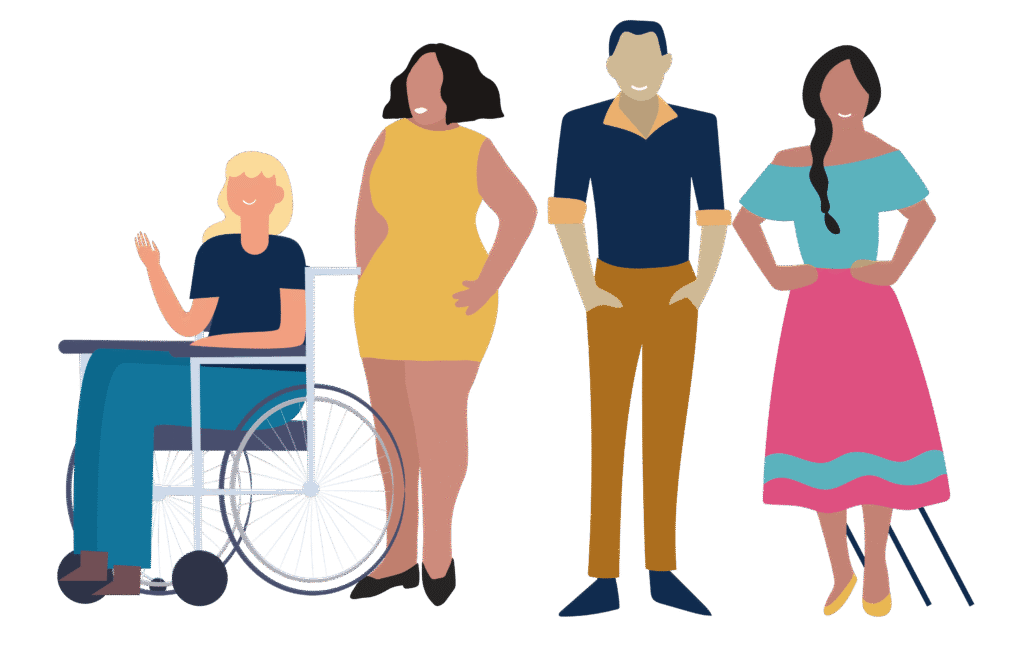
\
Projects
\
We support and strengthen the work of organizations that promote and protect the rights of women, children and adolescents, people in situations of human mobility, LGBTQI+ populations, indigenous peoples, and Afro-descendant communities.
We develop our projects using a feminist, decolonial, and intersectional approach, grounded in empathy, active participation, and the recognition of local contexts and diverse knowledge.



This is a space where we amplify our voices and those of others to contribute to the discussion on various human rights-related topics.
About us
We believe in a world with greater equality and opportunities for communities that have historically been marginalized.
